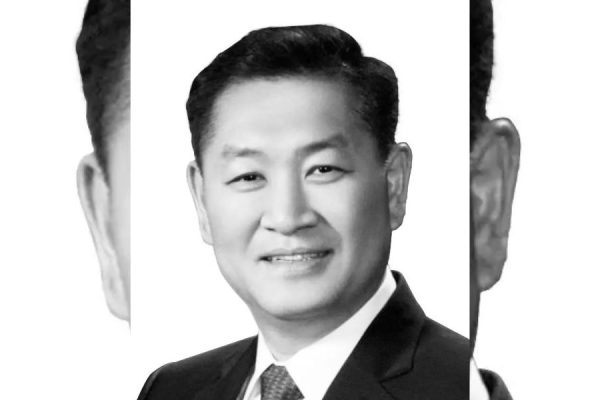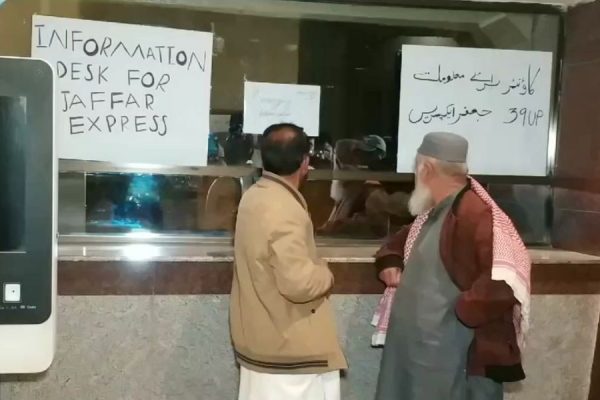ISLAMABAD: Foreign consultants contracted by the Pakistan Telecommunication Authority (PTA) have identified significant policy, business, and administrative hurdles that could obstruct the planned rollout of 5G spectrum technology, scheduled for April 2025.
The National Economic Research Associates (NERA), a consultancy firm backed by the United States, presented its preliminary findings to the government on Friday following a week of discussions with various stakeholders.
The consultants briefed an advisory committee focused on the release of the International Mobile Telecommunications (IMT) spectrum, essential for next-generation mobile broadband services. This committee is chaired by Finance Minister Muhammad Aurangzeb and includes notable participants such as Minister for Industries and Production Rana Tanveer Hussain As stated in an official announcement, in the meeting included the Minister of State for Information Technology Shaza Fatima Khawaja, the chairman of the PTA, and senior officials from the IT and law ministries.
Key concerns raised by existing market players included administrative restrictions on internet services, underutilization of the current spectrum, and the auctioning of next-generation spectrum in foreign currency instead of local currency, which could be detrimental to market competitiveness.
The consultants plan to deliver their final report in the near future, with the government targeting April 2025 for the auction of the 5G spectrum. During their discussions, the consultants outlined various factors that could influence pricing in the upcoming auction.
They pointed out that while most countries have transitioned to local currency-based auctions, a few—including Pakistan—continue to seek foreign exchange inflows. This reliance could restrict competition, thereby affecting bid prices and future investments for technology deployment.
Concerns were also raised by some existing operators, who expressed skepticism about the upcoming auction due to capacity constraints stemming from economic conditions and administrative challenges.
Despite these challenges, the finance minister emphasized the significance of a digital economy and integration as vital for the nation’s economic transformation. He stated the government’s commitment to enhancing connectivity and improving digital infrastructure to promote widespread adoption of emerging digital technologies and applications across various sectors, aiming for socio-economic development and sustainable growth.
The meeting also addressed numerous issues related to the 5G auction, reviewing the progress made by NERA, which was hired earlier this month to analyze the Pakistani market, engage stakeholders, and develop policy recommendations to facilitate a successful spectrum auction by next April.
Stakeholders in the government and telecommunications sectors have been discussing the balance between introducing next-generation services at prices conducive to broadband growth and maximizing foreign exchange revenues. The consultants noted they would propose a model that aligns these objectives, but cautioned that minimizing restrictions on traffic and content would be necessary.
Several cellular operators have voiced concerns over an environment perceived as anti-expansion for the IT sector, which has hindered the effective utilization of the 4G spectrum introduced three years ago.












